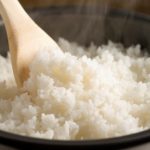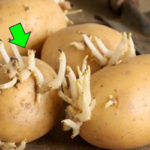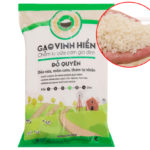1 Rice
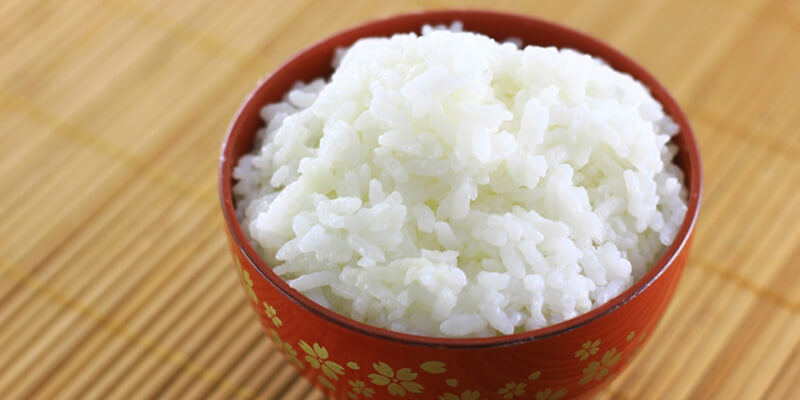
Reheating cooked rice has become a common practice in many households, especially among mothers and grandmothers. However, it is important to note that this practice can be harmful to your health. When cooked rice is left to cool down to temperatures below 60 degrees Celsius, the Bacillus cereus bacteria naturally present in the rice grains can start to multiply. Reheating rice that contains this bacteria can cause mild food poisoning, with symptoms such as nausea and diarrhea, typically lasting for about 24 hours.
2 Drinking Water
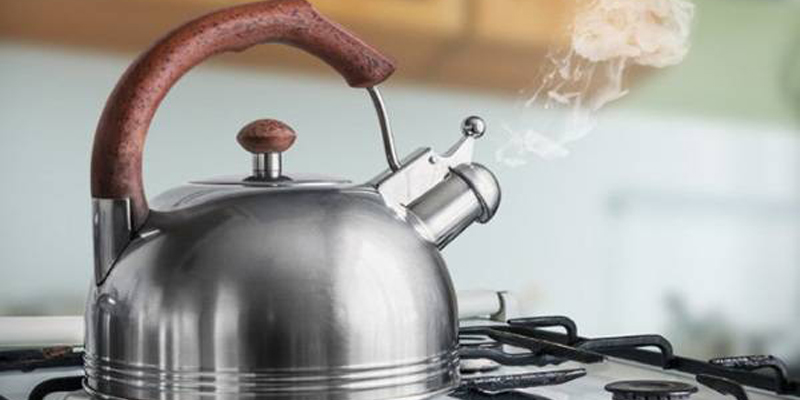
It is not advisable to reboil drinking water multiple times. Water often contains heavy metals such as lead, candinium, and nitrates. When water is boiled repeatedly, these substances undergo hydrolysis, and the continuous evaporation of water leads to an increased concentration of these harmful substances. Consuming water that has been reboiled multiple times can be detrimental to your health.
3 Chicken
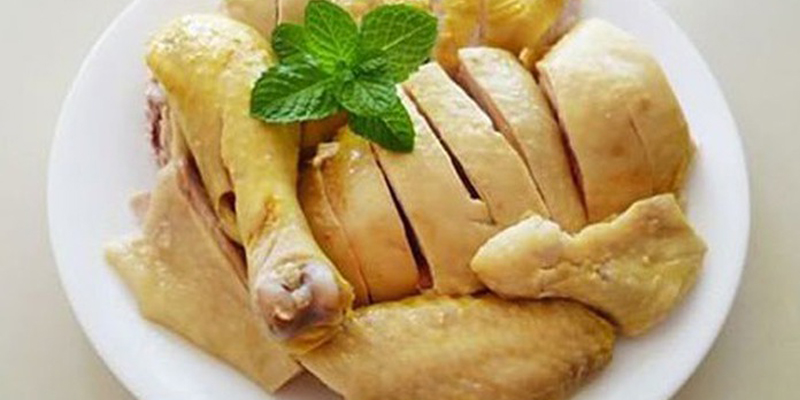
Chicken is a protein-rich food, and reheating it can lead to changes in the protein’s structure, causing it to degrade. This can result in digestive issues, so it is best to avoid reheating chicken.
4 Eggs
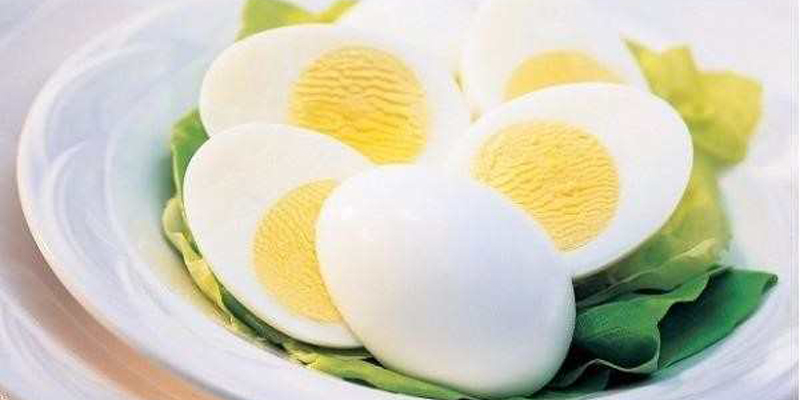
Eggs are highly nutritious and beneficial for your health. However, it is recommended to consume them soon after cooking and avoid reheating. When eggs are reheated, they not only lose some of their nutritional value and protein content but also undergo changes that can produce toxic substances harmful to your digestive system.
5 Mushrooms
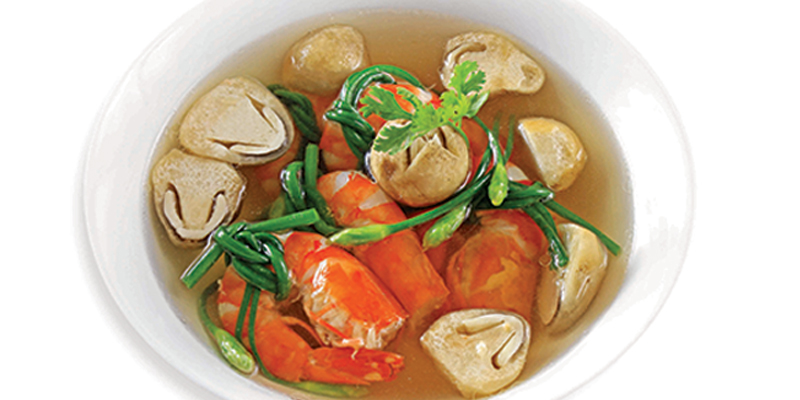
Mushrooms are not only delicious but also highly nutritious. However, it is important to consume them in moderation and soon after cooking. Mushrooms contain complex proteins that can undergo harmful changes if left for too long, making them detrimental to your health.
6 Potatoes
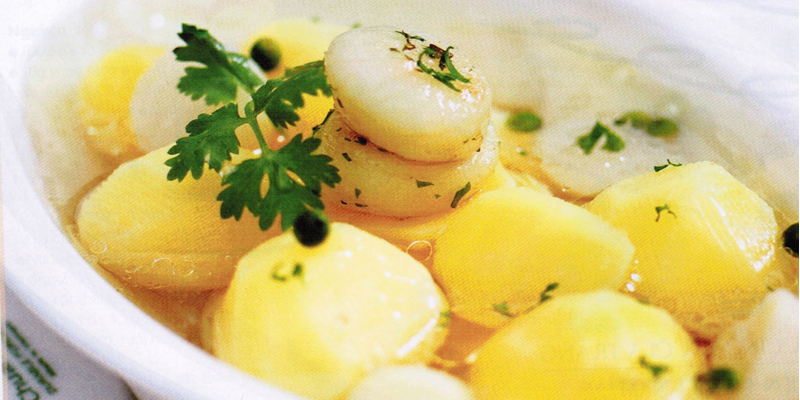
Reheating potatoes can cause them to lose their nutritional value, and harmful substances may form. It is advisable to consider the quantity when preparing potato dishes and aim to finish them in one go after cooking.
7 Celery
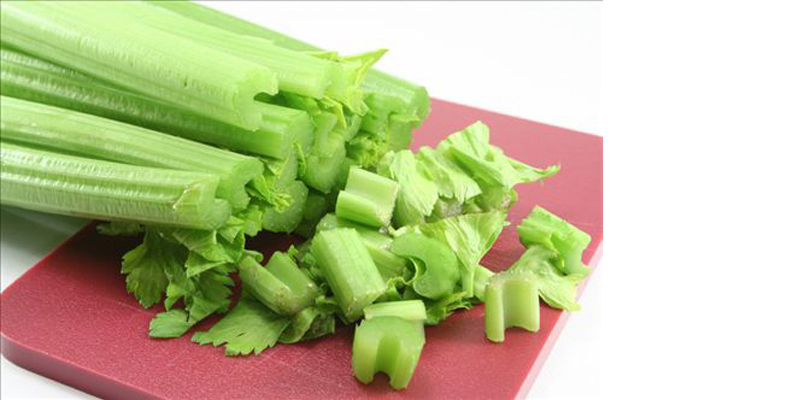
Celery is a nutritious vegetable with beauty benefits as well. However, it naturally contains high levels of nitrates, which can be converted into nitrites when the vegetable is reheated. Nitrites are harmful to the body and can lead to health issues, including the risk of poisoning.
8 Beets
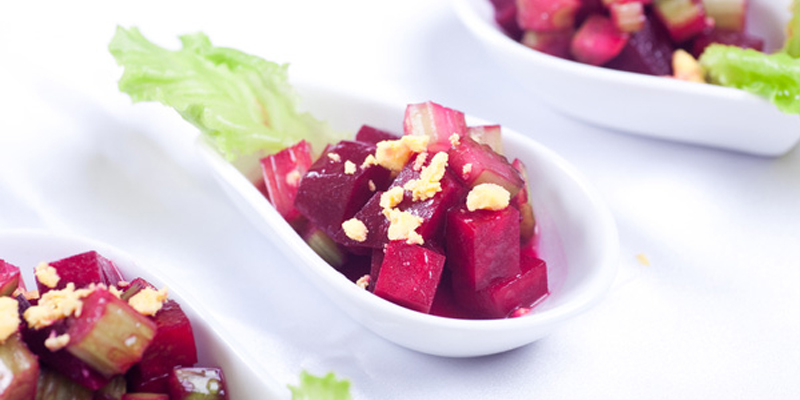
Beets are a good source of iron, magnesium, and calcium, making them a favorite among health-conscious individuals. However, they also contain high levels of nitrates, and reheating them can increase the risk of exposure to compounds that may be carcinogenic.
A little knowledge about food and nutrition goes a long way in ensuring that we consume these foods in a way that is truly beneficial to our bodies!
For more information, visit: giaoduc.net.vn
- Spinach and other leafy greens: Reheating spinach can cause it to release toxic nitrates, which can be harmful to your health.
- Beets: Reheating beets can lead to the formation of harmful bacteria and also affect their texture, making them mushy and unappetizing.
- Potatoes: Reheating cooked potatoes can lead to the formation of acrylamide, a toxic substance formed when starchy foods are heated to high temperatures.
- Eggs: Reheating cooked eggs can cause them to become rubbery and dry. More importantly, reheated eggs can lead to food poisoning as bacteria can multiply quickly in them.
- Chicken: Reheating cooked chicken, especially in a microwave, can lead to uneven heating, leaving some parts undercooked. This creates an ideal environment for bacteria to thrive, increasing the risk of foodborne illnesses.
Highlighting Five Varieties of Rice for Perfect Tet Meals
As T?t approaches, the focus for many is finding the right ingredients to have a joyful, memorable celebration. On the list of necessities is the staple of the Vietnamese diet – rice – which is a major shopping priority for the holiday.
Warning: Risk of Food Poisoning from Overstocked Refrigerators
 Food Poisoning from Overstocked Refrigerators’>
Food Poisoning from Overstocked Refrigerators’>In preparation for Tet, many households are stocking their refrigerators with food. However, are people aware of the dangers that could arise from storing food incorrectly in the fridge? Learn more about the potential risks of food poisoning in this article.
























